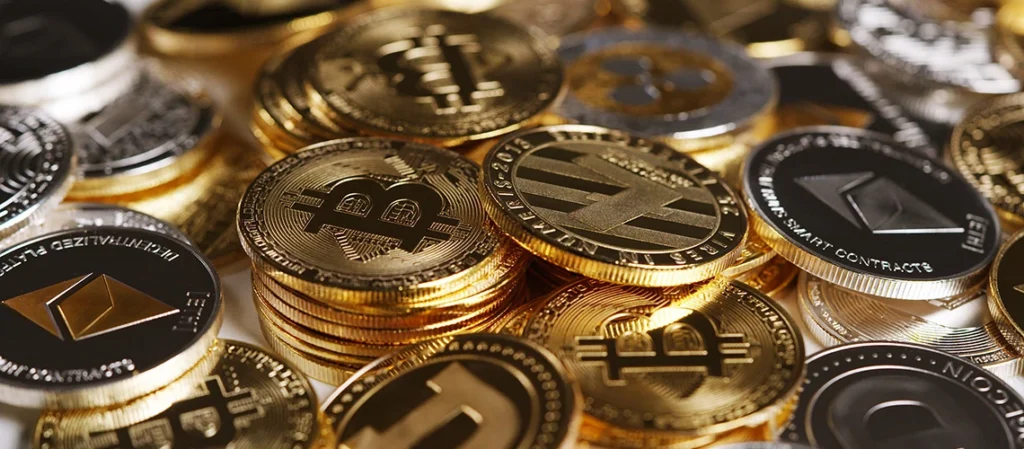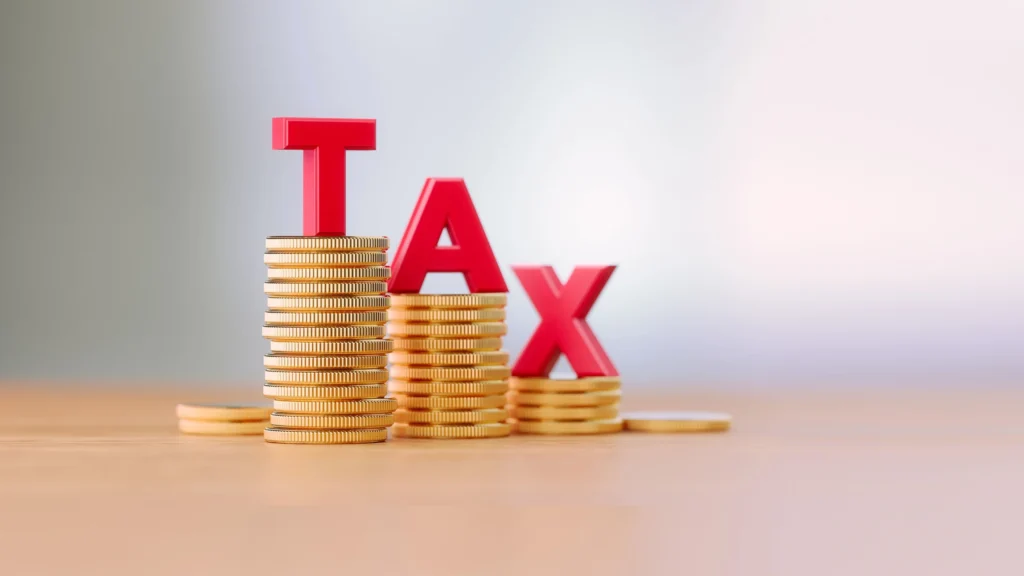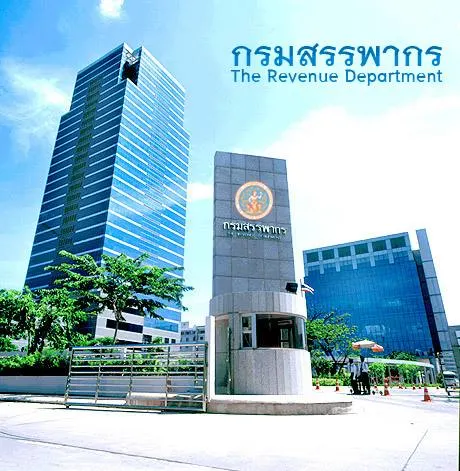Crypto Tax in Thailand 2025: Answers to the Questions Every Trader Is Asking
January 11, 2025

Crypto Tax in Thailand 2025: Frequently Asked Questions
In 2025, Thailand’s crypto ecosystem is more active than ever—traders, investors, and everyday users are diving into everything from Bitcoin to DeFi apps. But as digital assets go mainstream, one critical question keeps coming up: Do I need to pay tax on crypto in Thailand? The short answer is yes—but the details can be confusing, especially as regulations evolve and enforcement becomes more focused. This FAQ breaks down exactly what Thai crypto users need to know—from capital gains rules to what the Revenue Department is actually watching.

1. Do Thai crypto traders have to pay tax in 2025?
Yes. Crypto-related income has been taxable in Thailand since 2022. This includes profits from trading, mining, staking, NFT sales, and even airdrops. While enforcement isn’t perfect, the law is clear: crypto profits fall under the Personal Income Tax Act.

Credit from : World Bank
2. What types of crypto income are taxable in Thailand?
The main taxable categories include:
- Capital gains: Profits from buying low and selling high.
- Staking rewards: Considered regular income.
- Airdrops: Taxable if they carry market value.
- Mining income: Treated similarly to business income.
- NFT sales: Technically taxable, though guidance is limited.
3. Is there a withholding tax for crypto?
Yes—but mostly for profits derived from foreign platforms or unregistered services. Thailand imposes a 15% withholding tax on certain crypto transactions, although users trading via registered Thai exchanges may be exempt from this (but not from personal income tax).

Credit from : Kiplinger
4. How does the Thai Revenue Department track crypto activity?
They’ve stepped up monitoring since 2023. Registered exchanges like Bitkub, Satang, and Binance TH are required to share transaction data upon request.
If you’re using Thai exchanges, you’re more likely to be seen. Using decentralized apps or foreign wallets gives a layer of privacy, but that doesn’t mean you’re off the hook—especially if large fiat conversions appear in your Thai bank account.

5. What if I only use foreign wallets like MetaMask or Trust Wallet?
You’re harder to track—but not immune. While the Revenue Department may not have direct access to your wallet data, banks may still report large inflows or suspicious transactions. Plus, regulations are evolving. The risk of enforcement is rising year by year.
6. Are token swaps taxable if I don’t cash out to baht?
Unclear. This is still a gray area in Thai law. Some argue that swapping one token for another is a taxable event (a “realized gain”), while others believe it isn’t until fiat is involved. Until clearer guidelines emerge, the safest route is to treat any profitable trade as potentially taxable.
7. Are there any legal exemptions or tax breaks for crypto traders?
Yes, but limited:
- Trades on registered Thai exchanges may be exempt from the 15% withholding tax.
- Business or corporate structures may allow for more optimized tax planning.
- No blanket exemption exists for small profits—technically, all income is reportable.

8. Do most Thai crypto users actually report their taxes?
Not always. Many casual traders (especially those using offshore tools) skip declaring small profits. But this is changing. Banks are starting to flag large crypto-related transfers, and more traders are seeking professional help to stay compliant in 2025.
9. What’s the risk of not declaring crypto income?
It depends on how visible your activity is. If you’re cashing out regularly into Thai bank accounts, you’re at higher risk. Audits, interest penalties, or even criminal charges could apply in extreme cases. The government is becoming more proactive, especially with growing adoption.
10. What should I do if I’m not sure how to report crypto tax?
Talk to a qualified accountant—preferably one familiar with digital assets. Tax rules are evolving fast, and a professional can help you avoid unnecessary exposure.
Final Tip: Don’t Wait for the Crackdown
The bottom line? If you’re making gains from crypto in Thailand, there’s a legal responsibility to report them—even if others aren’t doing it yet. The gap between enforcement and expectation is closing.
Or as the Thai saying goes: ไม่เสียภาษีก็ไม่สบายใจ
(If you don’t pay tax, you won’t sleep easy.)

